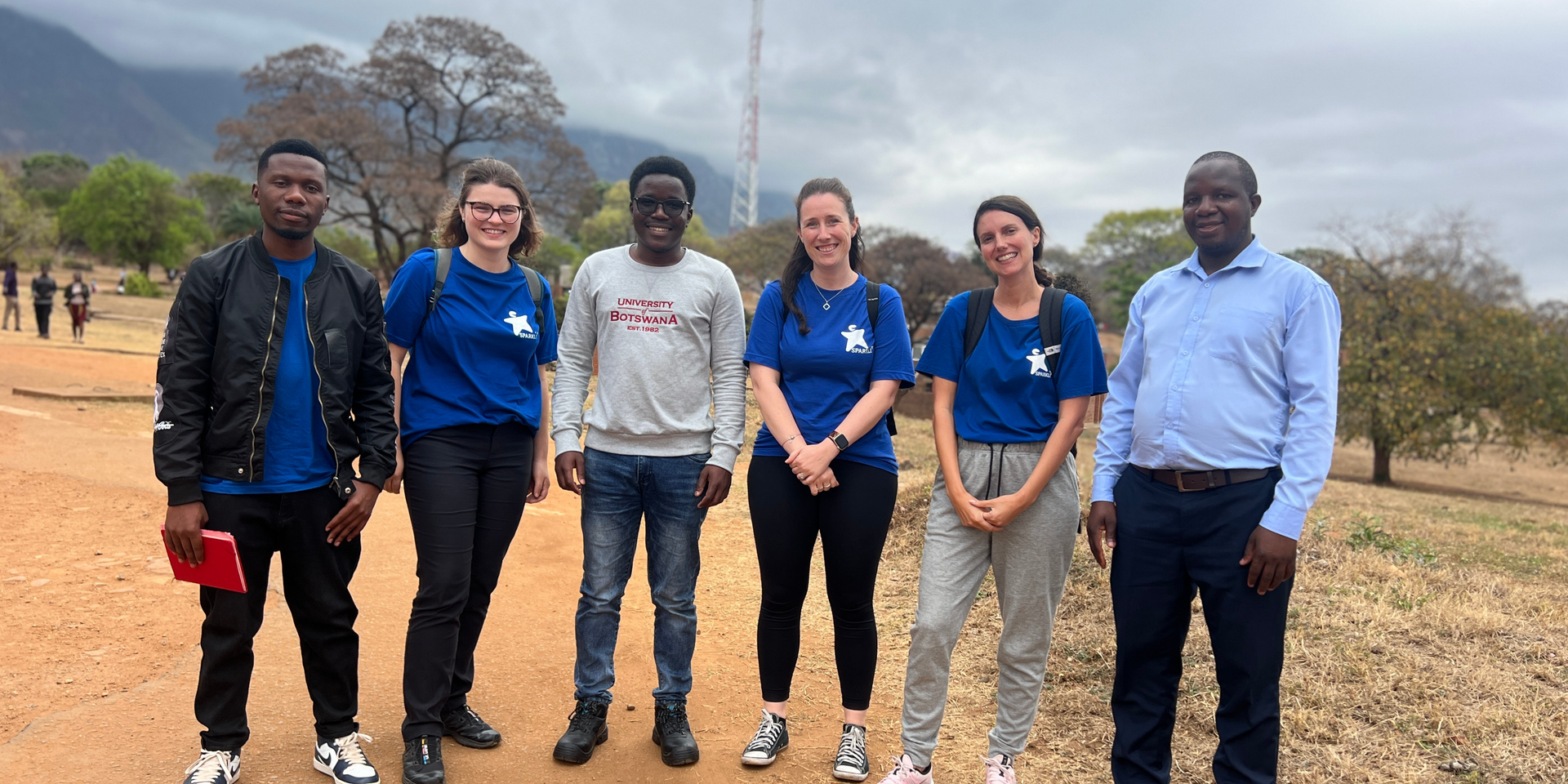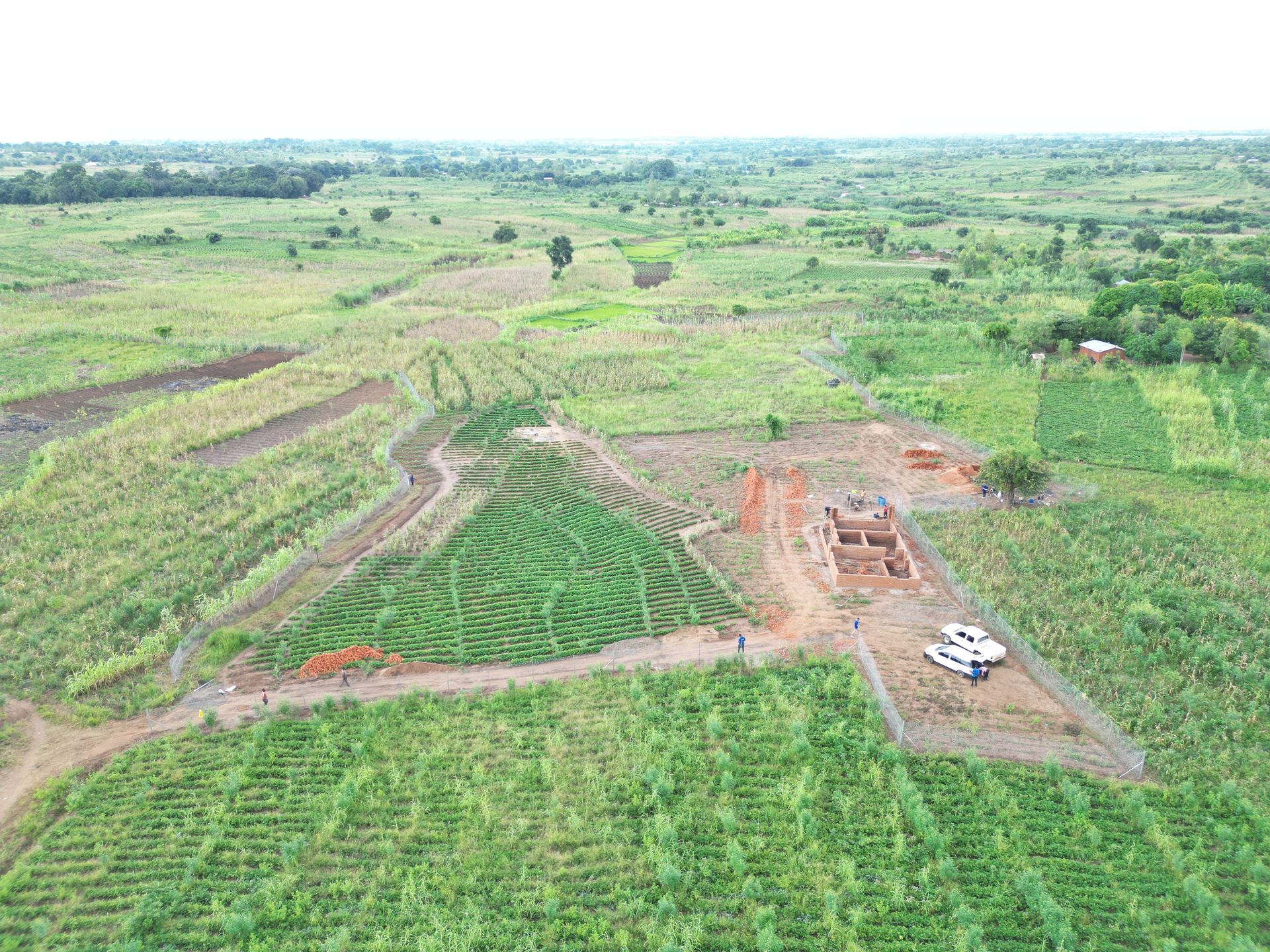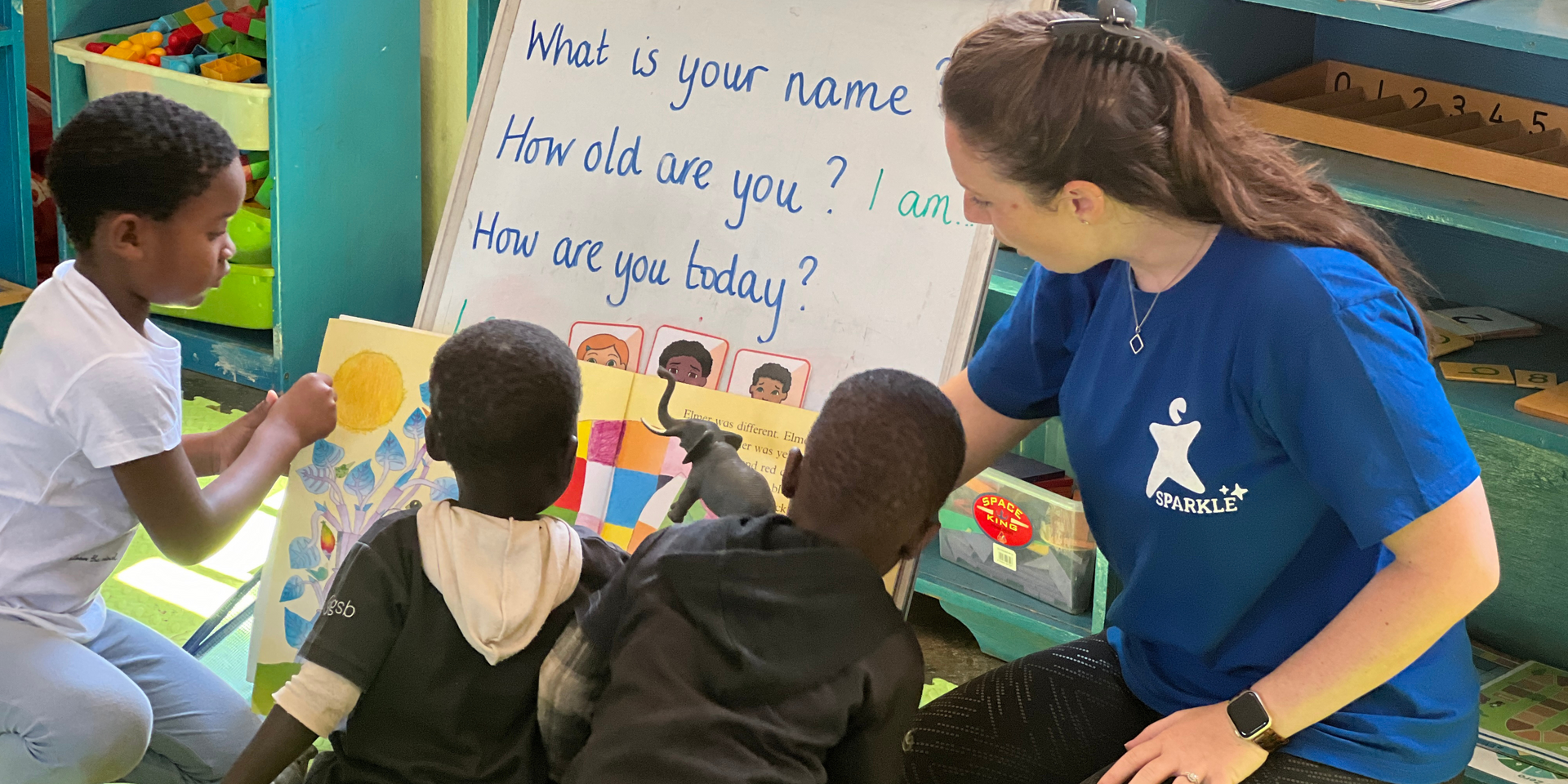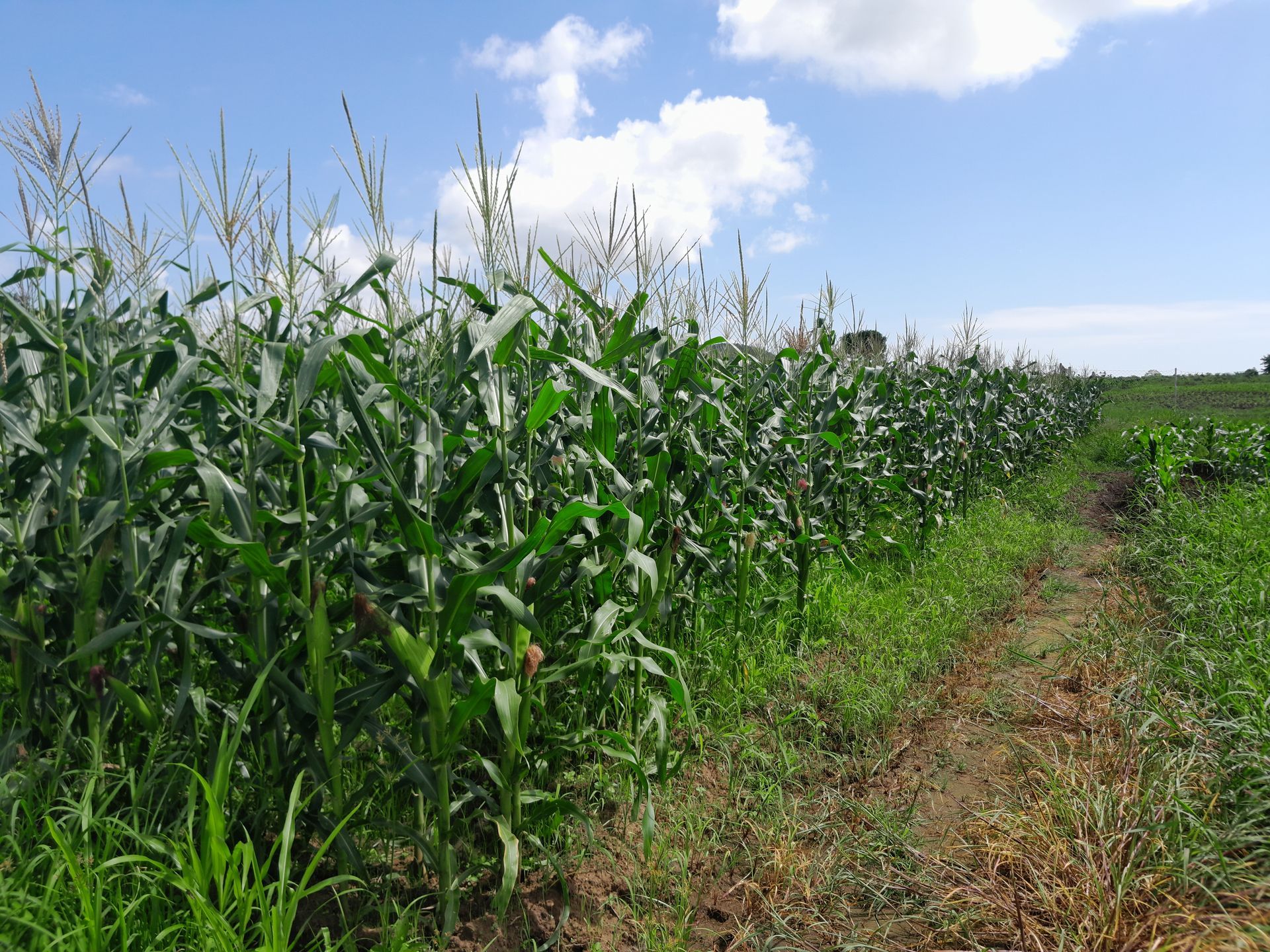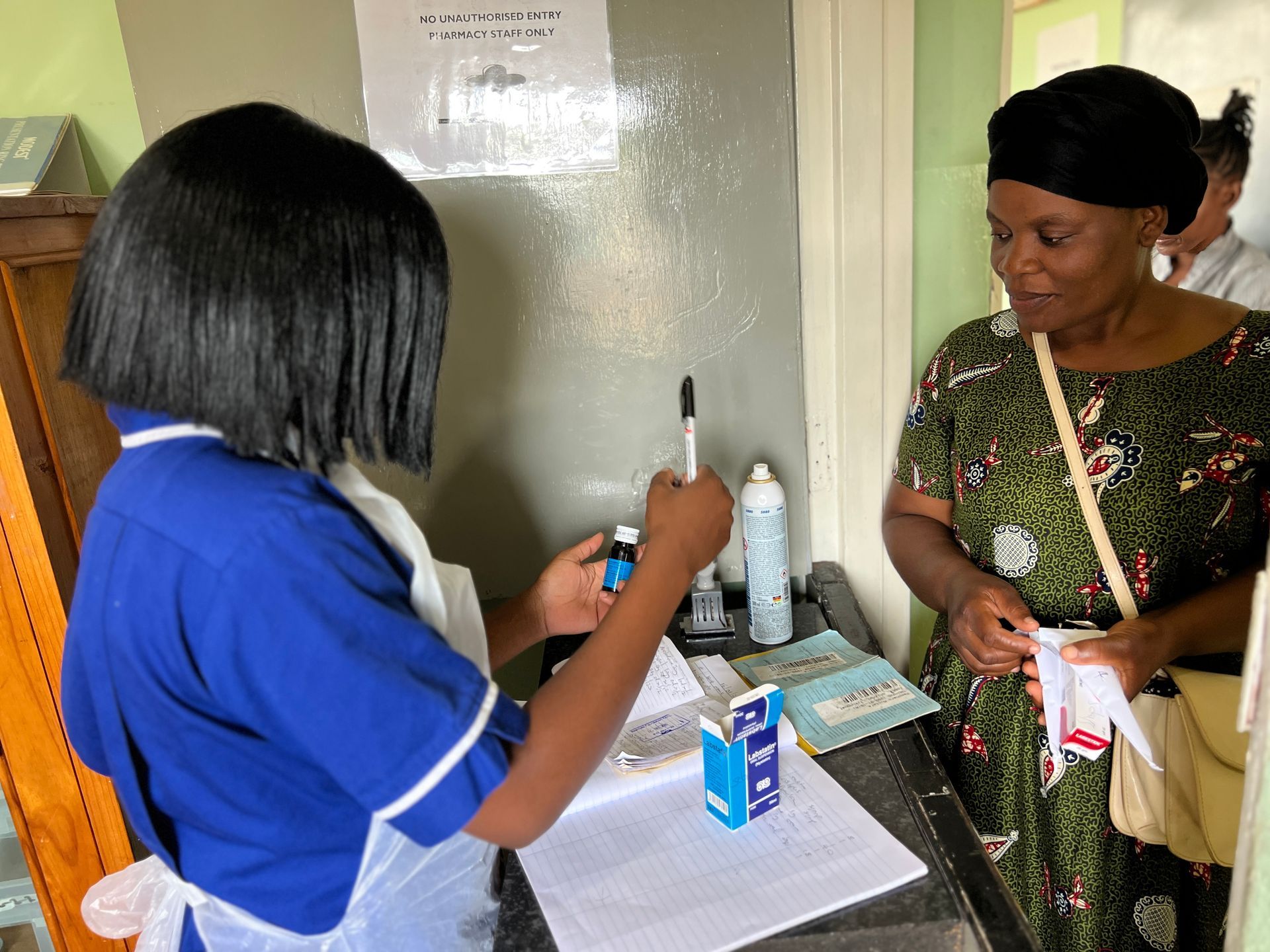Reflections from Sparkle Malawi
Passion with Purpose: Building Futures Together with Sparkle
Our Partnership with Sparkle
Describing Sparkle in one word feels almost impossible. This charity has devoted itself to uplifting a rural community in Malawi, not only through education but also by providing essential medical support, a community sports programme, and initiatives empowering women to start their own businesses. If I had to choose a word, however, it would be passion. After spending close to three weeks with Sparkle’s team—individuals wholly committed to transforming lives—it became clear that the moment you walk through their gates, you are immersed in an atmosphere of genuine dedication and compassion.
Our partnership with Sparkle began in 2022 with a conversation about school-based fundraising. Since then, it has naturally evolved into a central part of our group’s Sustainability Strategy. The relentless commitment of the Sparkle team continually inspires us, and I feel incredibly fortunate to work closely with them in both the UAE and Malawi. This article outlines key takeaways from our recent visit and offers a glimpse into the future of our collaboration with this remarkable organisation.
Curriculum Development Goals
The aim of our trip was to deeply understand the current state of education in Malawi. We explored the offerings in private schools and Early Childhood Development (ECD) Centres, gathered community perceptions around education, and mapped the educational pathways for children attending Sparkle. Thanks to Sparkle’s support, we were introduced to a broad range of stakeholders, including government officials overseeing Primary and ECD sectors, university lecturers, lead trainers from the Institute of Education, and both public and private school headteachers.
ECD centres were initially established in Malawi in the late 1990s as safe spaces where children could receive nutritious meals, play, and develop cognitive skills. Governed under the Ministry of Gender, these centres focused on child welfare, providing a safe daily haven. Yet, as community demand for ECD centres has surged, many have found themselves unable to keep up with the resources needed for effective provision. Conversations with local educators and officials illuminated the various challenges Malawi’s education system faces. Severe funding shortages often leave classrooms bare, and there is a shortage of school placements and training facilities to meet the increasing demand for qualified teachers. Equipping educators with basic classroom necessities and training has remained a continuous challenge.
However, the Minister of Gender shared a hopeful perspective, as the government now recognises the importance of providing children with a solid educational foundation that supports their long-term success. Our time in Malawi underscored the need to align Sparkle’s objectives with the current ECD curriculum and practices, ultimately creating a framework that enables teachers to plan, monitor, and support children’s progress throughout their Sparkle journey.
We also identified the need for a well-structured transition to primary school, empowering children with confidence and foundational skills for success in larger classroom settings. Hearing from local stakeholders helped us understand the barriers families face in supporting their children's educational journeys. By offering parents opportunities to engage with school life or participate in adult learning courses at Sparkle, we aim to bridge understanding and equip parents to better support their children’s learning at home. This shared goal of quality education is seen as vital to helping children break the cycle of generational poverty, and Sparkle stands committed to contributing meaningfully to this cause within its community.
Teacher Mentor Programme
Our first major success in Malawi has been the launch of the Teacher Mentor Programme. Drawing on the expertise of our UAE schools, we developed training programmes, planning templates, CPD sessions, and logistical support tailored to the demands of school life in Malawi. The Sparkle teachers embrace every new learning opportunity, applying new knowledge in their classrooms and, in return, sharing their insights and expertise to further upskill our teachers in the UAE.
One of the teachers’ proudest achievements has been the successful implementation of a structured phonics programme. With assistance from our teams at RGS, RPS, and Phonic Tots (a Dubai-based organisation), Sparkle’s teachers now have a thorough understanding of the fundamental literacy skills children need for reading and writing. Thanks to contributions from families and staff across Cognita schools, classrooms now have essential resources, such as dance scarves for motor skills, initial sound picture cards, Read Write Inc letter sound cards, and Read Write Inc storybooks for children’s progress.
A core aim of this visit was to help teachers foster an environment where children can engage in self-directed learning, reinforcing skills throughout the day. Through training on thematic learning using storybooks, we encouraged teachers to creatively bring stories to life in the classroom, drawing on resources like AI and Pinterest for ideas. Teachers were thrilled to discover that a few simple AI prompts could generate numerous activity ideas, enhancing their weekly plans. Encouraging curiosity in the classroom allowed teachers to observe how children could explore independently, developing skills such as peer communication, counting, and problem-solving. A standout moment for one teacher involved two young students role-playing as "teachers" and identifying 2D shapes—a display of vocabulary and imitation she hadn’t seen in structured class time.
Looking Ahead
Following the success of Global Be Well Day within our Middle East team, enthusiasm is growing for continued support of The Sparkle Foundation, with a focus on impacting families and children in Malawi. We plan to continue to work on designing a tailored curriculum and training programme aligned with Sparkle’s educational framework. The introduction of a Sparkle School Improvement Plan will further define the educational vision and empower Sparkle’s leadership and teaching staff. Ongoing engagement across our schools, with events and fundraising initiatives, will continue to raise Sparkle’s profile within the UAE and beyond, opening avenues for children here to get more directly involved with the charity’s work on the ground.
